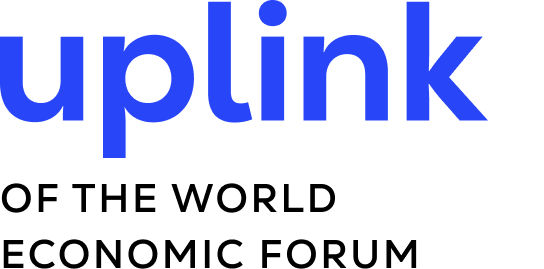A Sustainable Future - The SDGs Part 2 - Changing Behaviours
- charlottemac1
- Jun 4, 2021
- 4 min read
4th June 2021

As we strive towards a sustainable future, it is important to recognise where we started from as well what challenges lie ahead.
Every country within the UN starts their journey to sustainability from different jump off points. Further to this point, different countries and areas within countries have different priorities in terms of their social, environmental, economic and developmental priority.
Further to this, impact investments don’t necessarily represent the needs of the country the investment occurs in. The majority of impact investment funds are either created or managed in Europe or North America (PRI 2018), therefore the investment may be reflective of the political and social attitudes from where the fund or capital originated from, rather than the needs of the country to be invested in.
The changing behaviours of countries in Europe and North America may inadvertently dictate which issues are more worthwhile. For example, the trending topic of gender equality and feminism in the United Kingdom over recent years may result in many potential investments focusing on gender equality in other countries, as opposed to what is more critically perceived to be needed in its locality, e.g. climate change or plastic pollution.
The priority of a country is of course independent to each country. Understanding the political and social climate of a country you’re investing in is just as important as understanding the positive impacts of the investment itself, something which Wellers Impact and its partners appreciate and respect the significance of.
The UN conducted research into these variable behaviours and priorities between countries by analysing their progress through Voluntary National Reviews (VRNs) between 2016 and 2019. These were analytically compared to the UN’s reports on the goals, giving ‘SDG’ scores for each country based on its legislative actions and policies for each SDG.
It was observed that in 2017, SDGs 1, 2, 3, 5 and 9 were found to have the highest scores across 100 sample countries. These goals did not appear as priorities in any subsequent years and had diminished focus following their year in the legislative spotlight. This trend continued for the other SDGs; no SDG appeared in focus for more than one year. Given the nature of investment, particularly impact investment, as being long term, this data is not necessarily reflective of the aims of the impact investment community as responsible investments require consistent progress, often multi-year commitment and focus.
What the data rather shows is the variable prioritisation of the SDGs across countries which can be due to a plethora of reasons, including:
The political landscape
Changing behaviours
The availability and funding of domestic and regional infrastructures
The emergence of problems that are becoming more widely accepted e.g. climate change.
The characteristics of a country can therefore give an inadvertent hierarchy which is independent specifically to that country, based on its needs as well as the problems it faces at a point in time. The frequency that a change in priorities occurs nationally impairs progress towards sustainability and the resulting impacts are sporadic and short term.
This shows that a ‘one size fits all’ approach to achieving sustainability is not globally viable. Furthermore, the lack of long term focus is likely to have impacted the synergetic potential of each SDG that received focus, creating a shorter term impact over a shorter time length.
Impact investment and its metrics are becoming mainstream and the most widely accepted measurement for investments (Bouri 2013). This in itself is a positive change in behaviour, as it shows a need from investors for responsible investments and management. The normalisation of impact investment is clear as more and more retailers have also entered the impact investing market (Bouri 2013) to create positive change, whether through a multi-year micro-contributions, direct investment into a fund or through crowdfunding.
Ultimately, all SDGs are important, however the urgency in which active change is taken towards an SDG is extremely dependent on the changing behaviours of the country within its political climate towards sustainability and a sustainable future. We need to be constant in our approach to impact investment to ensure that ‘Western’ ideals and problems are not replacing other critical investments in developing countries, which fundamentally have a different scope of problems and needs which require different rates of urgency.
Wellers Impact is a UK-based, FCA-regulated Impact Investment Manager working to unlock community-focused impact through SDG-focused impact investing. Through innovative investment models that utilise fair economics, Wellers Impact originates investment opportunities across three core business activities; real estate developments in partnership with local land-owning not-for-profits in East Africa, financial support for agriculture firms and supply chains globally through sustainable development finance and direct investment into private water, sanitation and plastics recycling firms globally. Investment involves risk. Suitable for Sophisticated, Professional and High Net Worth Investors only.
Author: Charlotte Macdonald
References
Bouri, A., 2013. 5 Key Trends in Impact Investing. Forbes,.
European Parliament, 2019. Europe's approach to implementing the Sustainable Development Goals: good practices and the way forward. Belgium: European Parliament.
PRI 2018. United Nations Environment Programme Finance Initiative (UNEP FI), United Nations Global Compact, 2018. Impact Investment Marketing Map. [online] Principles for Responsible Investment. Available at: <https://www.unpri.org/download?ac=5426>.



Comments